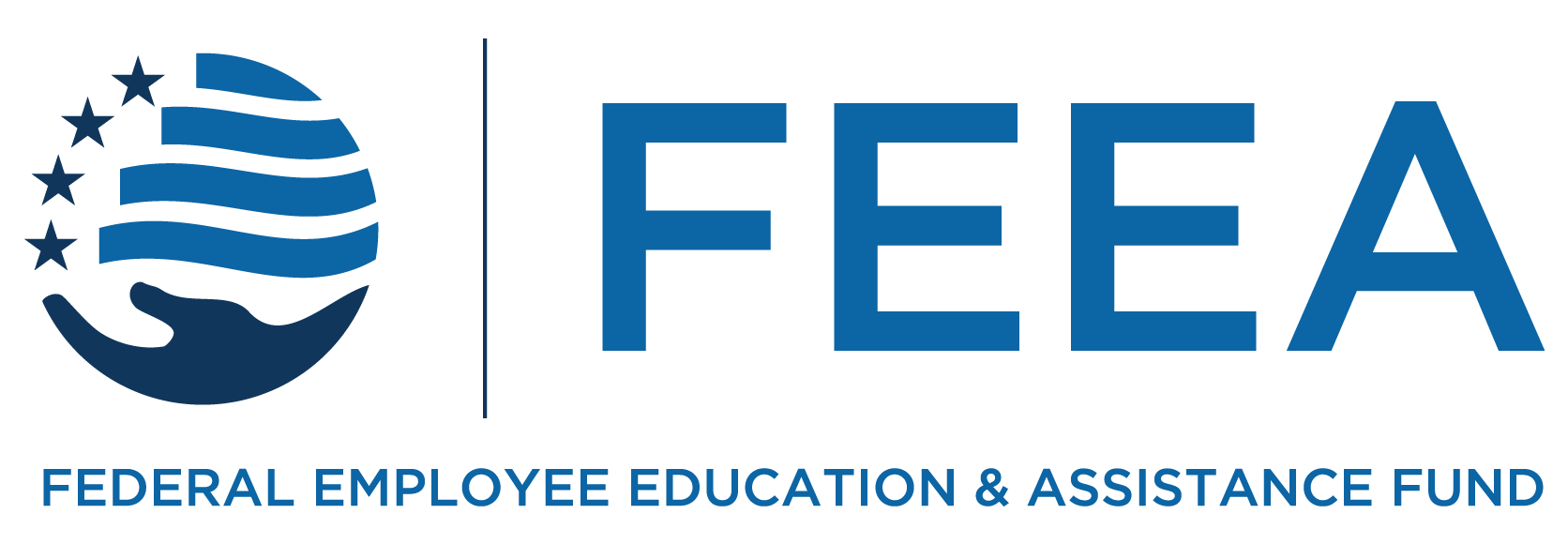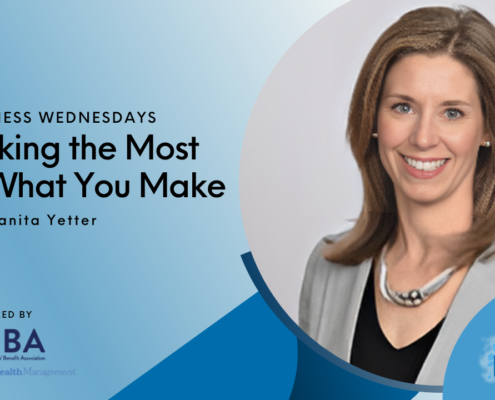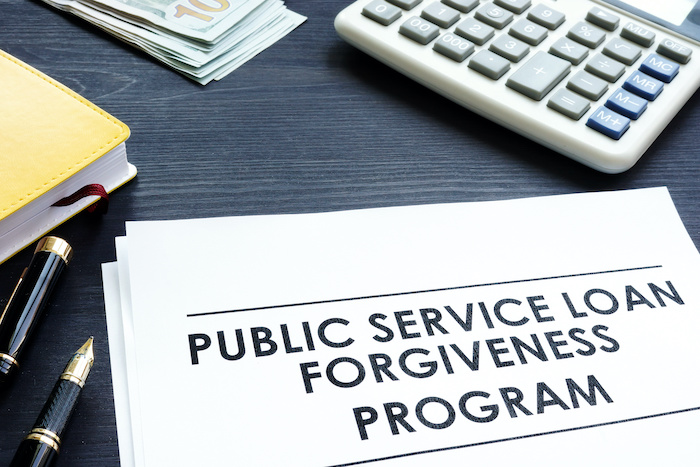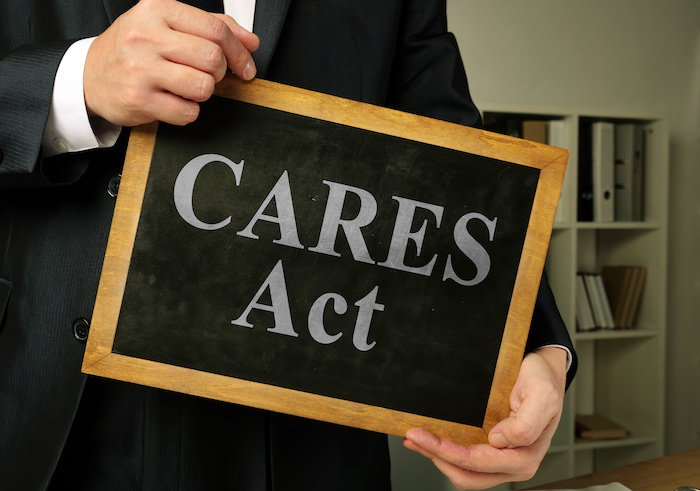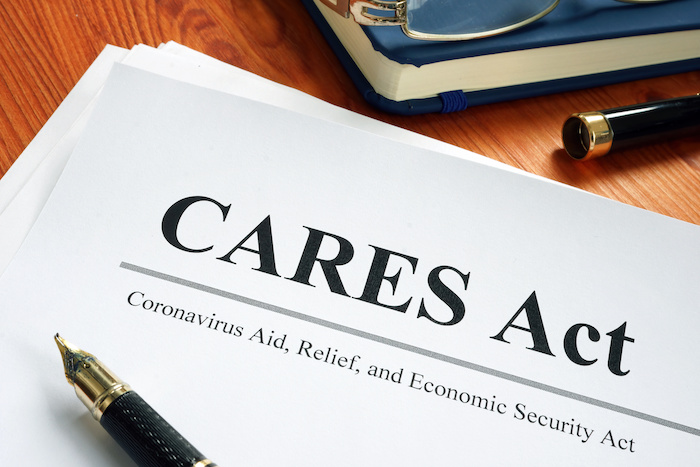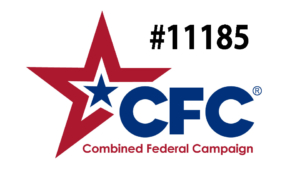by Joyce Warner
I recently sat down with Bruce McClary, Vice President of Communications at the National Foundation for Credit Counseling (NFCC) to talk debt management. The Federal Trade Commission also puts out a brochure on choosing a credit counselor which you can find here.
Joyce: We see a lot of reasons why people get into a debt snowball at our organization. Sometimes they suffer a debilitating illness that prevents them from working, sometimes it’s a divorce, a house fire, or a government shutdown. Other times it’s a case of an individual spending beyond their means and without a solid personal budget. To get us started can you explain debt consolidation?
Bruce: Sure, Joyce. The term “debt consolidation” can mean many different things depending upon the circumstances. Most commonly, it is used in reference to a loan that pays off several existing accounts, resulting in a single payment and hopefully more affordable terms.
In other situations, the term “consolidation” might be used in reference to a Debt Management Plan, or DMP, administered by a nonprofit credit counseling agency. These safe and transparent debt repayment programs provide a way for struggling consumers to benefit from lower interest rates and payments without having to apply for a consolidation loan, which could be a dead end for those who are already behind on their debt payments.
Instead of paying each creditor directly, a DMP allows the individual to make a single monthly payment to the credit counseling agency and they would apply a portion to each of the debts based on agreements with the creditors owed. Lower payments, reduced interest and discontinuation of late fees are just some of the benefits of enrolling in a DMP in situations where accounts are in danger of falling behind or are already delinquent.
Joyce: What types of debt can be addressed with debt consolidation?
Bruce: A debt management plan with a nonprofit credit counseling agency focuses on repayment of unsecured debts, such as credit card accounts and small loans. Medical debt and debt collection accounts can also be included in debt management plans. Secured debts like car loans and mortgages cannot be repaid this way, and student loans are also excluded. The good news is that NFCC Member agencies can assist in other ways with those types of loans.
Joyce: How does someone know when they should seek debt management help? Why would they want to?
Bruce: The first sign that it’s time to get help from a nonprofit credit counseling agency is when it becomes difficult to keep up with payments on credit card balances and other debts owed. Time is not your friend when debt is falling farther and farther past due, so waiting too long to take action may significantly limit your options for solutions and make it harder to get your finances back on track. Getting advice from a credit counselor also helps provide fast relief for the stress and anxiety that accompanies debt problems. There’s no need to allow debt-related stress to get worse if reaching out for help can provide the relief you need.
FEDLIFEHACKS Financial Counseling
[Video Start]
[Video presented with written slides in English]
[music]
[FEEA #FEDLIFEHACKS logo with a light bulb at the top encased by a blue box.]
Steps You Can Take If You’re Struggling Financially
[An image looking from behind at a woman who is seated at a table and has her hands to her head and she reviews paperwork and bills. ]
Is Your Budget Underwater Every Month?
We interviewed an expert to get helpful advice
[An image of a stack of credit cards .]
Consider a Debt Management Plan
An accredited non-profit credit counseling agency can help negotiate with creditors and give you a single monthly payment to make.
[an image of a person’s hand on top of a stack of bills.]
Understand what can be included in a DMP
Unsecured debt like credit cards, small loans, and medical debt can be included. Car loans, mortgages, and student loans cannot.
Unsecured debt like credit cards, small loans, and medical debt can be included. Car loans, mortgages, and student loans cannot.
[An image of a Caucasian man with his hands to his temples. An illustration of squiggly lines and numbers coming out of his head to mean all of the things that preoccupy his mind.
When should I get help?
If you’re having trouble keeping up with monthly payments, even if you’re not behind yet, or if money woes are causing undue stress, it might be a good time to find a credit counselor.
[A an image of a woman with a headset sitting at a computer.
How does the credit counseling process work?
A certified counselor will review your financial situation and talk to you about your biggest challenges. Then they’ll make recommendations based on your specific situation, which could include a debt management plan.
[An image of a group of piggy banks of various colors.]
How does the DMP work?
If you choose a debt management plan, the counseling agency activates it based on existing arrangements with creditors. You’ll make one monthly payment until your debt is paid off.
[an image of a calculator on top of a notebook and a paper entitled, “Monthly Budget.”]
Are there fees for this service?
The initial review is usually free. If you activate a DMP you will likely pay a monthly processing fee based on the amount of debt and other factors. These fees are regulated by State laws.[An image of a credit report]
What documentation do I need?
Before you meet with a counselor, gather the most recent statements/bills for all your debts. It’s also a good idea to have accurate information about your household income and expenses.
What’s the Fair Debt Collection Practices Act?
This law protects customers from debt collection tactics that cause harm. Debt collectors can’t call you before 8am or after 9pm, and they can’t disclose your debt information to others without your permission. Violations should be reported to the Consumer Financial Protection Bureau (CFPB) and Federal Trade Commission (FTC).
[A Caucasian woman holds a baby as two small children stand next to her. A building is on fire in the background
If your current financial difficulty was caused by a qualifying emergency, FEEA’s hardship loan program may be able to help. Visit FEEA.org/emergency for details.
for more information on this topic, visit feea.org/fin-counseling
[Debt.com logo “When life happens…”.]
FEEA thanks Debt.com for contributing to our #FedLifeHacks program
[FEEA #FEDLIFEHACKS logo with a light bulb at the top encased by a blue box.]
[music]
[Video End]
Joyce: What are the major differences between nonprofit and for-profit debt management organizations? How does someone know they are dealing with a reputable organization and not becoming a victim of a scam?
Bruce: Beyond the obvious difference in cost, one major difference between a debt repayment plan offered by a nonprofit credit counseling agency and a debt settlement program from a for-profit company is in the long-term impact.
Most for-profit debt settlement companies promise to negotiate away some or most of the debt that you owe, possibly relieving you of the obligation to pay your debt in full. It almost sounds too good to be true, especially considering that a credit counseling program would involve full repayment of all debt.
Unfortunately, the debt settlement process could be more destructive than helpful. For example, many companies advise their customers to stop paying their debts and to avoid all communication with the creditors or debt collectors. For people who are not already past due, this forces them into a state of delinquency and ruins their credit rating. For others, it can be a huge financial mistake as they increase the chance of getting sued for the money they owe. All of this is advertised as a way to make conditions more favorable for a successful settlement deal with each account, but it’s really a risky game of financial roulette. If the debt is successfully settled, it will be listed as “settled for less than the amount owed.” This is far less favorable than “paid in full.”
Reputable organizations provide full transparency regarding fees and terms of their services, and also maintain affiliations with national organizations that ensure the proper training and certification as well as compliance with ethical operating standards. For example, all nonprofit agencies affiliated with the NFCC are required to be independently accredited by the Council on Accreditation (COA) while maintaining NFCC Certification for all counselors. Many are also members of the Better Business Bureau (BBB). Most of the regulatory oversight of nonprofit credit counseling takes place at the state level. All agencies must also comply with federal tax codes governing 501(c)(3) nonprofits.
Most debt relief scams can be identified by their demand for large fees up front, before providing the service they have promised. For example, debt settlement companies are prohibited by law from charging advance fees before they successfully settle a debt. Anyone offering debt settlement and asking you to pay before they do anything for you should be avoided. Another telltale sign of a scam is when a company is not willing to provide details of their program in writing.
Joyce: How do nonprofit credit counseling and the debt management plan process work?
Bruce: The counseling process begins with a complete review of your financial situation and a discussion about your biggest challenges. A trained and certified counselor will offer objective advice and will create a personalized action plan that provides realistic options for addressing your biggest priorities. All sessions are confidential, meaning that your personal information will be kept private.
The second step, if a debt management plan is selected, involves activating the repayment plan based on existing arrangements on how creditors will work with nonprofit credit counseling agencies. The last step involves making one monthly payment until all included debt is repaid in the program.
Most debt management plans can be successfully completed and paid off in four or five years, which is up to two or three times as fast as it could take to repay the same debts on your own when struggling against a tide of high interest rates and late fees. The best part about these plans is that they lead to full repayment of debt, which is much better for your credit health, and they can save people thousands of dollars through interest and payment reductions.
Joyce: What kinds of fees are involved in nonprofit debt consolidation and how are they paid?
Bruce: The initial financial review is typically free, which makes it a tremendous value considering that you will benefit from expert advice from a financial professional. A debt management plan may involve a one-time activation fee followed by a monthly charge for administering the program. These monthly fees vary depending on the agency and the amount of debt enrolled, but commonly average between $25 and $40. In situations of financial hardship, fees may be reduced or waived. Fee amounts are regulated by state laws.
Joyce: What kind of documentation/paperwork should someone who is restructuring or consolidating their debt be getting and keeping from their creditors and/or consolidation agency?
Bruce: To get the most out of the initial credit counseling review, it helps to be as prepared as possible. Having the most current information about each debt you owe along with details about your income and household expenses will help the counselor make the most appropriate recommendations for your circumstances. Even without having all of the details handy, you can have your counselor obtain a copy of your credit report to help guide the discussion and ensure that all debts are considered during the review. That is a common practice as part of credit counseling sessions. As a result of the counseling session, you will receive a detailed report that includes an action plan with guidance on a range of available options for resolving your financial challenges. Those who enroll in a Debt Management Plan will receive regular statements or online access to payment activity throughout the program. It is always advisable to retain all records for personal reference while receiving help from a nonprofit credit counseling agency.
Joyce: What are the major components of the Fair Debt Collection Practices Act (FDCPA) that a consumer should be aware of?
Bruce: The Fair Debt Collection Practices Act protects Americans from abusive debt collection tactics that cause harm to consumers. Chief among the protections are limitations on when and how debt collectors can communicate with people about the debt they owe. Debt collectors are not allowed to call after 9 p.m. or before 8 a.m. in your local time zone. The law also prohibits debt collection agencies from misrepresenting themselves or using threatening language. At no time is it appropriate for a debt collector to disclose details about the debt you owe to anyone else (for example a neighbor or employer) unless you give them specific permission to do so. Any suspected violation of the FDCPA should be reported immediately to the Consumer Financial Protection Bureau (CFPB) and the Federal Trade Commission (FTC) so they can begin an investigation and possible enforcement.
DID YOU KNOW?
Federal employees who apply to FEEA’s emergency hardship no-fee, no-interest loan program are eligible for up to a $75 reimbursement for fees charged by an NFCC member organization for credit counseling. We know that tragedy can often start a debt spiral and thanks to generous support from BlueCross BlueShield and CareFirst BlueCross BlueShield, FEEA is taking this step to help our program participants begin to tackle this challenge.
MORE FROM FEEA
Subscribe to FEEA’s Newsletter
FEEA THANKS DEBT.COM FOR CONTRIBUTING TO OUR #FEDLIFEHACKS PROGRAM
Would you like to reprint this piece in your agency human resource, federal employee association, or union local newsletter? You can do so at no cost by contacting admin@feea.org with your request.
The information provided in this piece is for your convenience and informational purposes only and not to be construed as professional advice. FEEA and its coauthors and sponsors are not liable for any losses or damages related to actions or failure to act with regard to the content in this piece.
